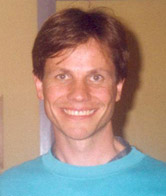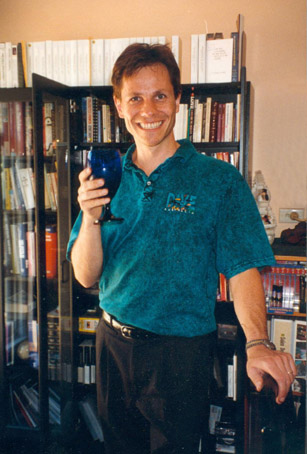Often people think that knowledge is all we need to change. Yet just because someone knows that smoking is harmful doesn't mean that they'll choose to give it up. And even if they decide to quit smoking it doesn't mean they'll necessarily succeed. We're all aware that change requires more than just knowedge and commitment. Fortunately, however, we can change virtually anything in our lives, and can help others to change their lives (if they so wish) if we know enough about our emotions and the inner workings of our conscious, subconscious and super-conscious minds.
For the last 30 years, Tony has been committed to developing himself, and helping others to develop. Even as a child, he would attend seminars, partly as a student seeking to improve himself, but also as a future teacher - learning training skills from his teachers, and observing which approaches created the most improvements amongst other students.
His capacity to help people to transform their lives has made an enormous difference to those who have utilised his services. Whether he is helping someone to improve his/her marriage, to be happier or more confident, to deal with the loss of a partner or child, to become a multi-millionaire, or to end a war and become Vice-President, Tony utilises his deep wisdom and understanding to step into the shoes of the person he is working with - and to act as a personal guide through the inner terrain of his client's mind, attitudes, approaches, assumptions, beliefs, etc. - in order to help his client to achieve all s/he wishes.

